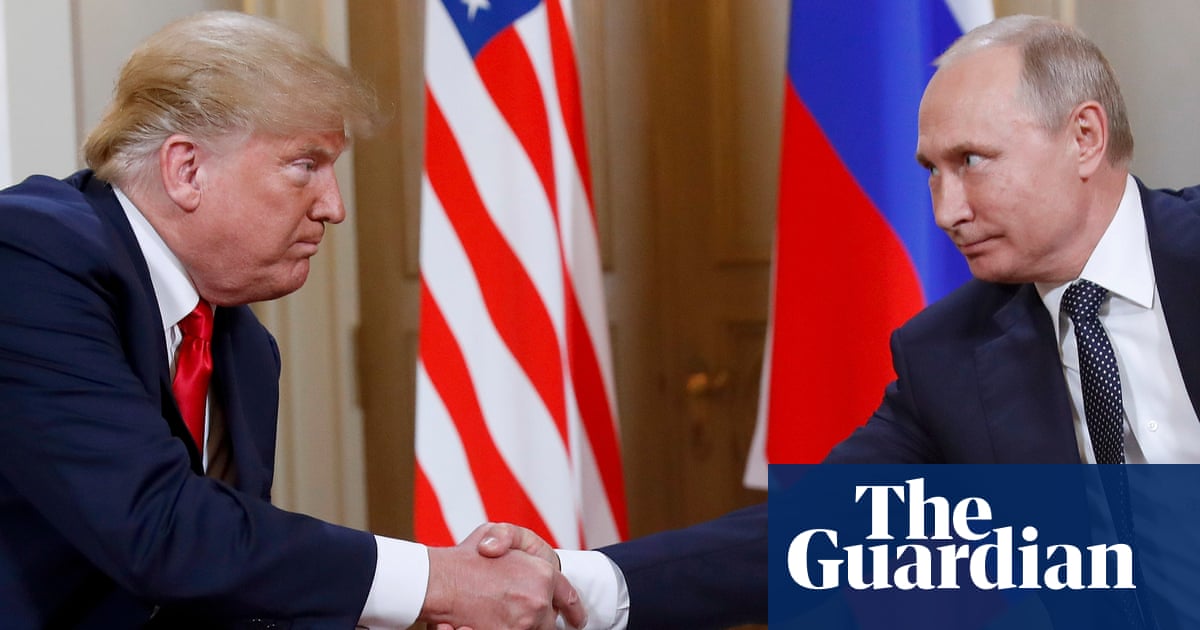EU Prepares Trade Measures Against US Tariffs

The European Union (EU) is taking significant steps to protect its economic interests in light of ongoing trade tensions with the United States. Reports indicate that the EU is considering implementing restrictions on the export of scrap steel and chemical products, impacting a market valued at approximately €4.4 billion. This move reflects the EU's strategic response to the trade policies enacted by the Trump administration, which has altered the landscape of international trade.
In addition to the export restrictions, the EU is preparing to lodge a formal dispute with the World Trade Organization (WTO). This dispute will challenge the so-called reciprocal tariffs imposed by former President Donald Trump, which have been a point of contention since their introduction. The WTO action will also address tariffs specifically targeting automobiles and automotive parts, although the timeline for initiating this case has not yet been disclosed by Brussels.
European Commission President Ursula von der Leyen emphasized the importance of achieving negotiated outcomes with the United States. In her recent statement, she remarked, “The real objective remains negotiated outcomes with the US.” She acknowledged the necessity of preparation for all potential scenarios, stating that the consultations launched today would be instrumental in guiding the EU’s future actions regarding trade relations.
The European Commission's decision to advance with a new list of countermeasures comes as the EU recognizes that a return to the previous status quo in its relationship with Washington is unlikely. This is a significant pivot, showcasing the EU's readiness to adapt to the shifting dynamics of transatlantic relations.
The origins of this trade conflict can be traced back to early April when Trump announced a sweeping tariff regime that initially imposed a 20 percent tariff on a wide range of goods imported from Europe. The announcement sent shockwaves through global financial markets, prompting concerns over potential negative impacts on U.S. economic growth and price stability. A week later, Trump modified the tariffs, reducing them to 10 percent for most countries, but the damage had already been done.
Despite this reduction, EU officials anticipate that the Trump administration may exhibit some flexibility in discussions about lowering the baseline tariff. However, it is expected that the current levies on steel, aluminum, and automobiles will remain in place as the U.S. pursues its broader “reindustrialization strategy.” A senior official from the European Commission has indicated that these tariffs are likely to persist as part of the U.S. government’s efforts to bolster domestic industries.



















